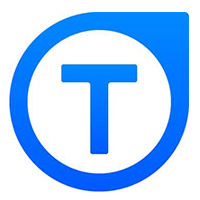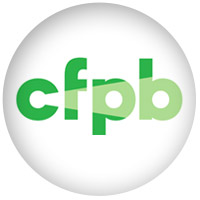
Through a joint venture with the renownedCleveland Clinic, Google is entering yet another software category: electronic personal health records.
The two firms last week announced plans to develop a PHR pilot program for use by a group of Cleveland Clinic patients who currently use the clinic’s in-house system.
The pilot will test the secure exchange of patient medical record data — such as prescriptions, conditions and allergies — between the Cleveland Clinic PHR and a secure Google profile. The goal of the project is to develop a product that lets patients use a single, unified electronic record when interacting with physicians and pharmacies.
Google is hardly the first company to float a plan in this space. There are perhaps a dozen or more PHRs on the market, including Microsoft’s HealthVault, announced last year. These tools have not gained much traction, though, for a variety of reasons — not the least of which is the sensitivity of the data.
Questions abound. Can the data truly be secured online? Who can have access to it? Would insurance companies use it to deny claims or cut off coverage? Would employers gain access to it and use it when making personnel decisions?
Has Google Met Its Match?
Indeed, the issues surrounding PHRs present a challenge that even Google, for all its muscle, may not be able to overcome.
“These are very important topics that need to be aired,” said Mark Bard, president of Manhattan Research, a healthcare market research company that has been tracking PHR use and demand for several years.
“What it comes down to for many people,” he told CRM Buyer, “is do they want to type this kind of information into Google and trust that it won’t be abused? It is going to take a lot more work than just a product launch to clear up people’s questions.”
A Good Concept
Aside from issues of privacy and potential abuse by insurers and employers, many healthcare advocates like the concept.
“The challenge for the medical industry has always been to better connect patients and their data to their healthcare provider,” said Ed Fotsch, M.D., CEO of Medem, a company cofounded by the American Medical Association and several other medical societies to improve physician-patient communication online.
“The healthcare service Google has described in its pilot with Cleveland Clinic aspires to help patients own their data and make it transportable,” Fotsch told CRM Buyer.
One More Thing to Do
Privacy issues certainly need to be resolved, Fotsch agreed, but he pointed to another problem that has held up adoption: patient procrastination.
“People only think about these issues when they are sick and go to the doctor,” he said. “Then they get better, and it gets pushed to the back of their mind again.”
More Barriers
Those are not the only barriers to adoption. It is not unusual, for example, for standardization to be lacking in an emerging space crowded with many players.
PHRs are not new, Manhattan Research’s Bard noted — but they are not yet standardized either. There are 4.5 million U.S. adults using a PHR online, up from 2.5 million in 2006, according to Manhattan Research data. These systems may be administered by healthcare providers, health insurance companies, WebMD or Microsoft — all of which format and present data slightly differently, making it more of a chore than it should be for doctors to use it.
Given the different constituencies that wish to be involved, it is important that all relevant parties have equal access to records, Bard emphasized. “Patients want to know, how will my doctor’s office be able to access it? How will my insurance company be able to submit claims information to it?”
Indeed, for all the angst about privacy and abuse fears by insurance companies, most patients readily acknowledge the necessity of having the insurance company on board, he said, and “using a PHR to track claims — especially those that stretch out over years — is one of the most obvious ways for these applications to add value.”












































Social CRM
See all Social CRM